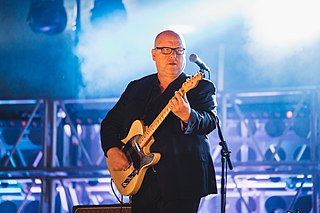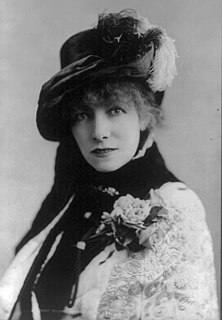A Quote by Justin Timberlake
'Friends With Benefits': it feels like a two-hander to me, but it is a big movie, and this is the first straightforward male I've been able to play. I would describe my character in 'The Social Network' as a kind of sociopath. I would describe my character in 'Bad Teacher' as... just a weirdo. But this is a male's male.
Related Quotes
I tend to like strong female characters. It just interests me dramatically. A strong male character isn't interesting because it has been done and it's so cliched. A weak male character is interesting: somebody else hasn't done it a hundred times. A strong female character is still interesting to me because it hasn't been done all that much, finding the balance of femininity and strength. [From a 1986 Fangoria interview]
The bonding of women that is woman-loving, or Gyn/affection, is very different from male bonding. Male bonding has been the glue of male dominance. It has been based upon recognition of the difference men see between themselves and women, and is a form of the behaviour, masculinity, that creates and maintains male power… Male comradeship/bonding depends upon energy drained from women.
Yes. The original argument is defective. Substitute the word 'male' for 'gay,' and you'll see the flaw: 'Male people cannot be normal. If everyone were male starting tomorrow, the human race would die out, so being male cannot be nature's intended way.' Or you could substitute the word 'female.' In either case, the argument makes no sense: Being male or female is perfectly normal.
In ancient times, people weren't just male or female, but one of three types: male/male, male/female, female/female. In other words, each person was made out of the components of two people. Everyone was happy with this arrangement and never really gave it much a thought. But then God took a knife and cut everybody in half, right down the middle. So after that the world was divided just into male and female, the upshot being that people spend their time running around trying to locate their missing other half.
If you look at most women's writing, women writers will describe women differently from the way male writers describe women. The details that go into a woman writer's description of a female character are, perhaps, a little more judgmental. They're looking for certain things, because they know what women do to look a certain way.
If you look at most womens writing, women writers will describe women differently from the way male writers describe women. The details that go into a woman writers description of a female character are, perhaps, a little more judgmental. Theyre looking for certain things, because they know what women do to look a certain way.



































